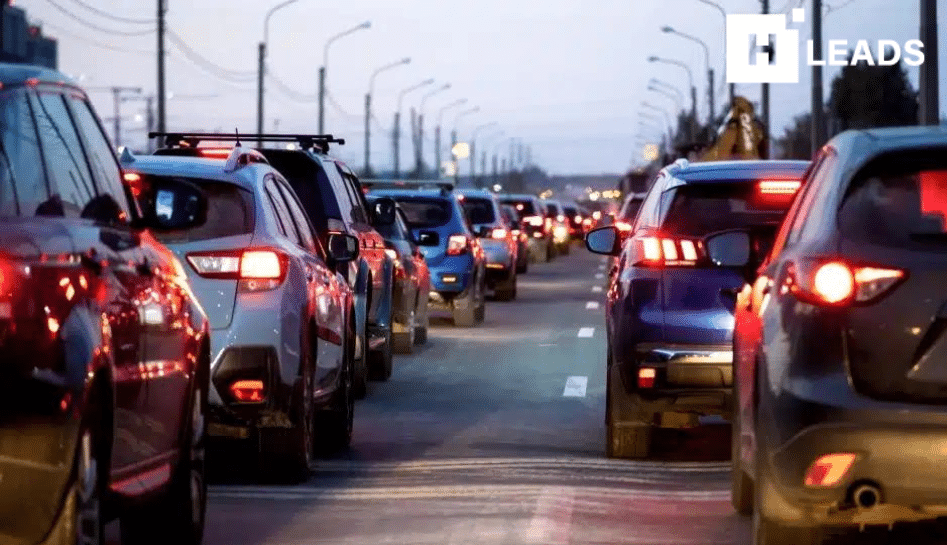The report singles out densely populated megacities like New Delhi, where the average life span has been diminished by over 10 years due to excessive air pollution levels
The rising air pollution in South Asia can lead to a reduction of more than five years in life expectancy per individual, according to a study by the University of Chicago’s Energy Policy Institute (EPIC), reported by Reuters.
The region, which comprises countries such as Bangladesh, India, Nepal, and Pakistan, has been grappling with severe air quality issues, making it one of the most polluted areas globally.
Particulate pollution levels in South Asia have surged by over 50 percent since the turn of the century, resulting in a decline in air quality that surpasses even more apparent health risks.
The consequences of this air pollution crisis are particularly stark in countries like Bangladesh, which holds the unenviable title of being the world’s most polluted nation. The study estimates that the average person in Bangladesh stands to lose a staggering 6.8 years of their life due to air pollution. To put this in perspective, individuals in the United States face a comparatively minor reduction of 3.6 months in life expectancy due to similar pollution levels.
India, responsible for nearly 59 percent of the global increase in pollution since 2013, is also grappling with the severe health impacts of polluted air. The report singles out densely populated megacities like New Delhi, where the average life span has been diminished by over 10 years due to excessive air pollution levels.
The study stresses that adhering to the air quality guidelines set by the World Health Organization (WHO) could have a transformative impact on life expectancy. Reducing lung-damaging airborne particles, specifically PM 2.5, to levels recommended by the WHO could extend the average life expectancy by 2.3 years. This improvement would translate to a cumulative increase of 17.8 billion life years across the population.
The EPIC report also highlights the potential gains for other countries in the region. For instance, adhering to WHO guidelines in Pakistan could lead to an average gain of 3.9 years in life expectancy per person, while individuals in Nepal could live 4.6 years longer.
China’s success in reducing pollution by 42.3 percent between 2013 and 2021 serves as a beacon of hope, underlining the importance of governments generating accessible air quality data. This step is crucial in addressing the global disparities in accessing tools and information needed to combat air pollution effectively.
Also read: The rise of antibiotic resistance is linked to air pollution: study


















Add Comment